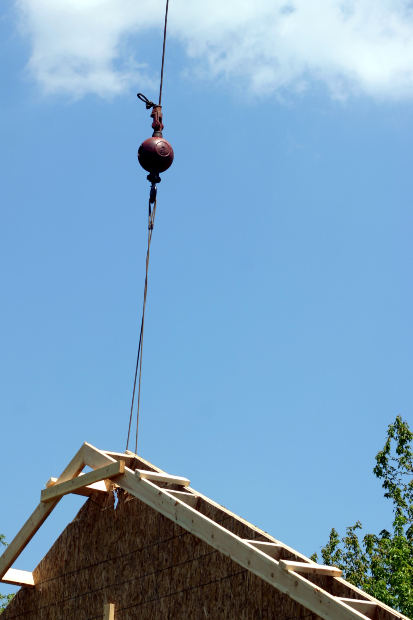칭찬 | Muscle Glycogen Synthesis after Exercise: Effect of Time of Carbohydra…
페이지 정보
작성자 Leilani Dobbs 작성일25-09-16 11:25 조회3회 댓글0건본문
The time of ingestion of a carbohydrate supplement on muscle glycogen storage postexercise was examined. Twelve Prime Boosts Male Enhancement cyclists exercised continuously for 70 min on a cycle ergometer at 68% VO2max, interrupted by six 2-min intervals at 88% VO2max, on two separate occasions. A 25% carbohydrate solution (2 g/kg body wt) was ingested immediately postexercise (P-EX) or 2 h postexercise (2P-EX). Muscle biopsies were taken from the vastus lateralis at 0, 2, and 4 h postexercise. Blood samples were obtained from an antecubital vein before and during exercise and at specific times after exercise. Muscle glycogen immediately postexercise was not significantly different for the P-EX and 2P-EX treatments. During the first 2 h postexercise, the rate of muscle glycogen storage was 7.7 mumol.g wet wt-1.h-1 for the P-EX treatment, but only 2.5 mumol.g wet wt-1.h-1 for the 2P-EX treatment. During the second 2 h of recovery, the rate of glycogen storage slowed to 4.3 mumol.g wet wt-1.h-1 during treatment P-EX but increased to 4.1 mumol.g wet wt-1.h-1 during treatment 2P-EX. This rate, however, was still 45% slower (P less than 0.05) than that for the P-EX treatment during the first 2 h of recovery. This slower rate of glycogen storage occurred despite significantly elevated plasma glucose and insulin levels. The results suggest that delaying the ingestion of a carbohydrate supplement post-exercise will result in a reduced rate of muscle glycogen storage.
If you’re serious about weightlifting, you’ve probably heard the term "progressive overload" before. But what exactly is it? Progressive overload is the steady increase of stress placed on your muscles during exercise over time. You can achieve this through various methods, including increasing weight, reps, or sets. Mind you; this method is not for the faint of heart. As the name suggests, it demands more and more from your muscles. The line that sits between what is within the limit and beyond the limit is extended. Curious? Keep reading to find out more about it. What is Progressive Overload? Progressive overload is a fundamental principle in weightlifting that involves increasing the demands on your muscles over time. This means you need to lift heavier weights, perform more reps, or do more sets to continue progressing. The concept of progressive overload is based on the idea that you need to challenge your body continually to see continued progress and improvements in strength and muscle growth.
 When you lift weights, your muscles experience micro-tears, which heal and grow stronger during rest periods. Progressive overload ensures that your h_A_Busier_Schedule">Check this out involves gradually increasing the total amount of work you do over time. You can do this by increasing the number of sets, reps, or exercises you do in a given workout. For example, with bicep curls, you might start with three sets of ten reps and then gradually increase to four sets of twelve reps, five sets of fifteen reps, and so on.
When you lift weights, your muscles experience micro-tears, which heal and grow stronger during rest periods. Progressive overload ensures that your h_A_Busier_Schedule">Check this out involves gradually increasing the total amount of work you do over time. You can do this by increasing the number of sets, reps, or exercises you do in a given workout. For example, with bicep curls, you might start with three sets of ten reps and then gradually increase to four sets of twelve reps, five sets of fifteen reps, and so on.
댓글목록
등록된 댓글이 없습니다.

